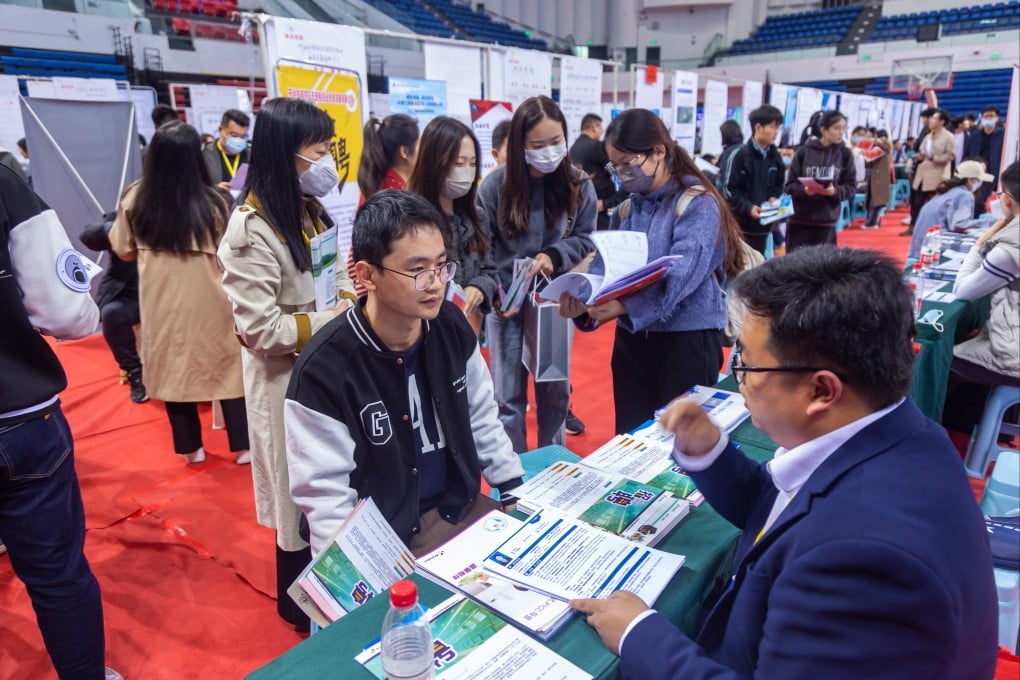Advertisement
Opinion | How China’s jobless youth were raised to have unrealistic expectations
- A generation of young people was pumped up by an after-school education industry that preyed on the anxieties of one-child parents
- The result? A mismatch between the jobs these highly educated youth want, and the skilled blue-collar positions that need filling
Reading Time:3 minutes
Why you can trust SCMP
11

More than 20 per cent of those aged 16 to 24 in China – roughly 30 million people – are unemployed, according to the latest figures. This crisis is believed to have been caused by many factors, including Covid-19 lockdowns and the less-than-stellar economic recovery.
Advertisement
People also blame the 2021 regulatory crackdown on after-school education for removing millions of private tutoring jobs; that career path is no longer available for young people.
Yet the opposite is true. The once-booming after-school education industry has actually fuelled today’s high youth unemployment, particularly among university graduates, whose jobless rate is 1.4 times higher than the overall rate. That figure is likely to increase in June, when 11.6 million fresh graduates flood the job market.
With hindsight, the industry should have been banned at least a decade earlier.
China’s youth labour force was born between 1999 and 2007. They are almost exclusively only children, due to the country’s one-child policy at the time. These are the children who used to be described as “little emperors”, though this gradually came to be replaced by another term, “chicken babies”. These two terms say a lot about the social environment in which these young people grew up.
Advertisement
Excessive attention from parents and grandparents created these spoiled “little emperors”, while the term “chicken babies” was more a reflection of parents’ desire to ensure their children overachieved. The non-stop learning activities were likened to injecting “chicken’s blood” – a reference to a pseudo folk remedy, now banned – into their children from a very young age to “pump them up”.

Advertisement
